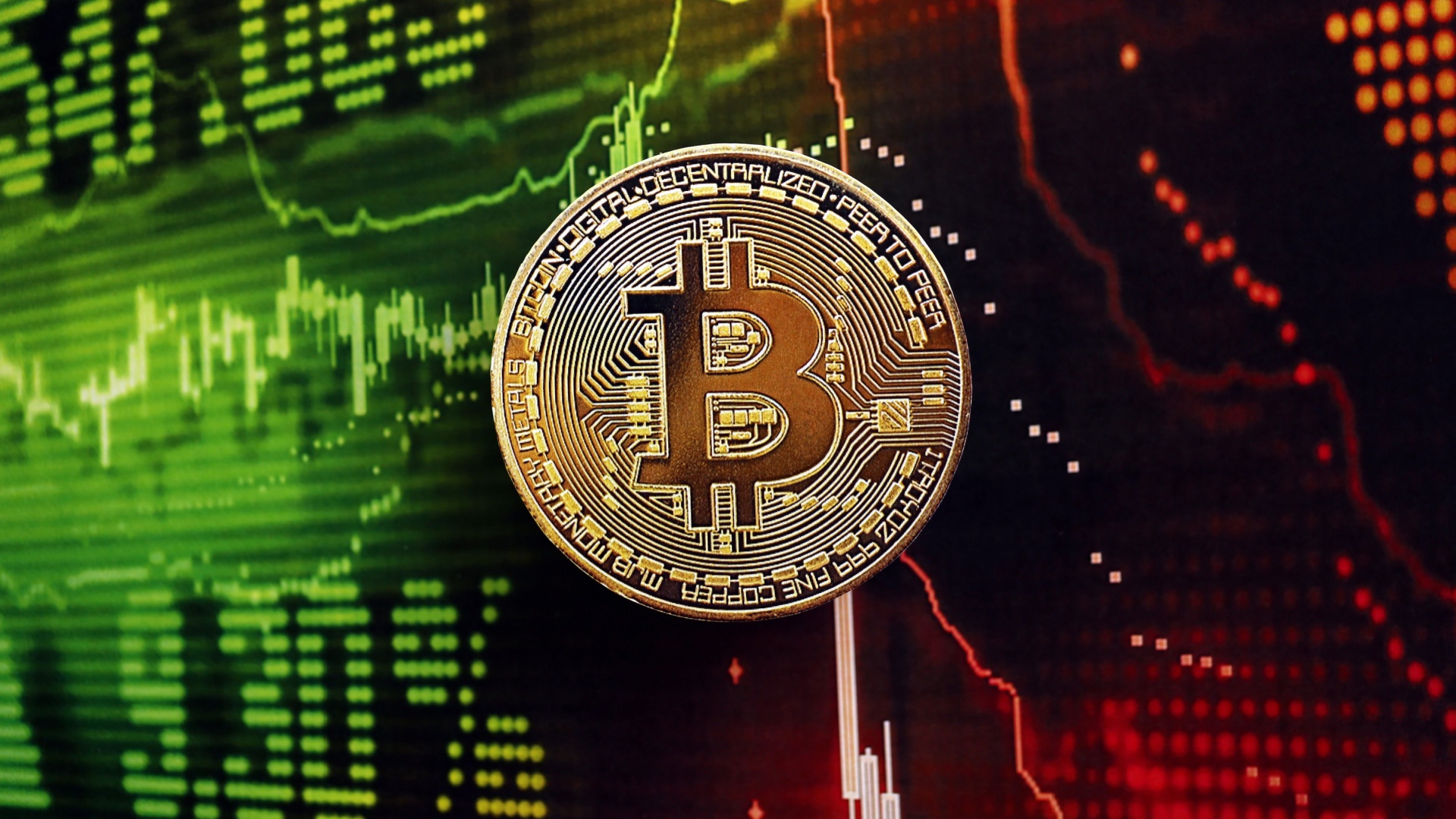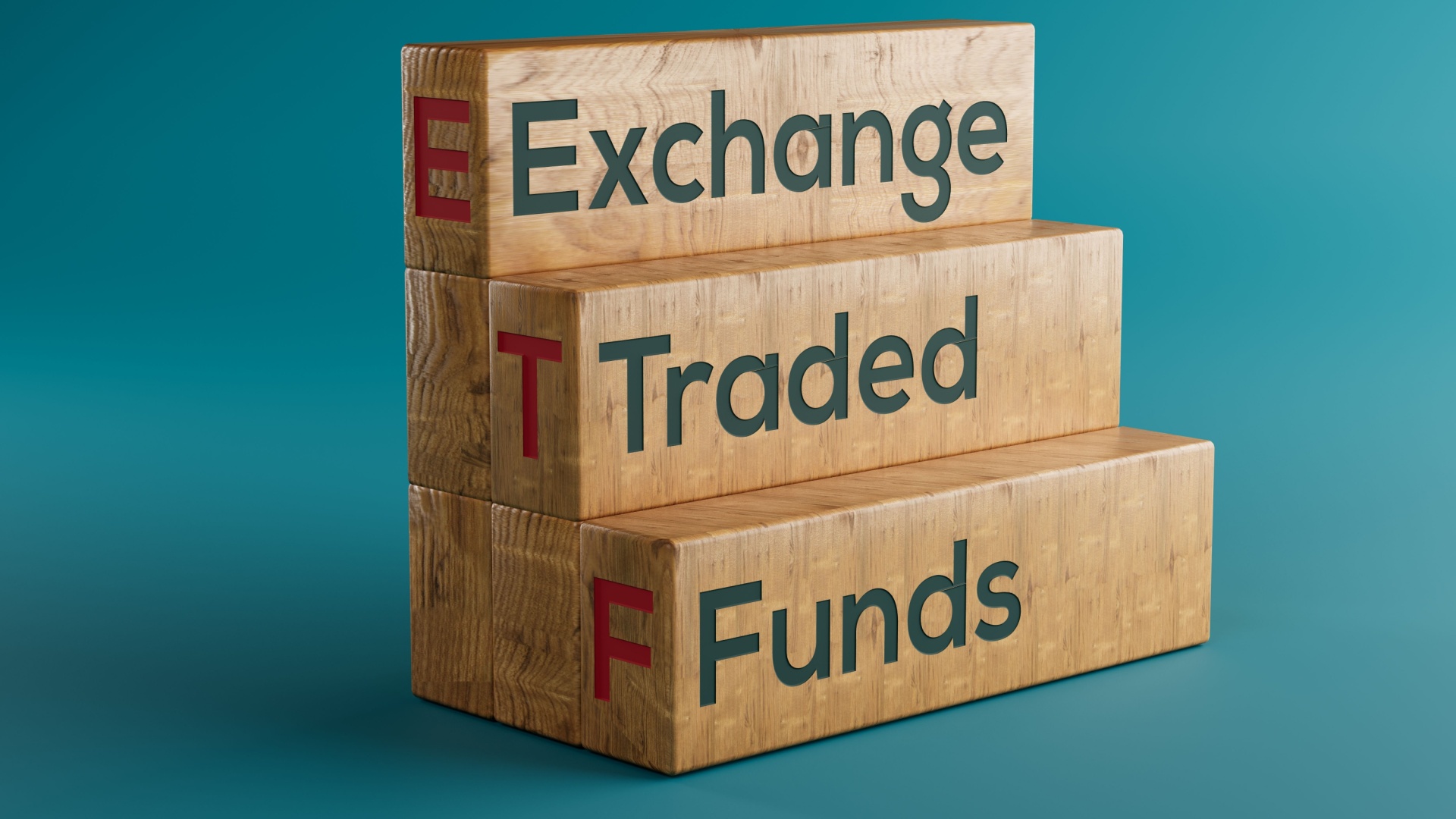Developing Country Assets Have Become a Favorite of Investors
Developing country assets have attracted attention with their performance in the first half of 2025. The uncertain economic and political environment in the United States has led investors to alternative markets. The weakening dollar and vulnerabilities in the global economic outlook have boosted demand for stocks, bonds and currencies in many emerging economies, from Brazil to South Korea.
Stocks in emerging markets and bonds denominated in local currencies delivered higher returns in the first six months of the year compared to developed economies, according to JPMorgan and MSCI indices. Investors' distrust of the U.S. economic trajectory and concerns about trade policies underpinned this new direction. Interest in these markets has begun to increase again, both due to their resilience to short-term fluctuations and the potential for strong growth in the medium term.
Capital Flows Accelerate Despite Political Risks
Emerging country assets remained resilient, although geopolitical risks pressured markets, particularly conflicts in the Middle East and US moves towards Iran. Although there was limited upside in oil prices, these markets managed to remain strong. In particular, developments in the Chinese technology sector and the shift of the interest-inflation balance in some countries in favor of the investor supported the positive picture. According to JPMorgan, only 5% of global equity funds are still in emerging markets, indicating a broader potential for upside.
China and South Korea stand out
China's leadership role in the technology sector has turned global investors' attention back to the country. Funds looking to invest in more balanced and structural trends beyond big US tech firms are turning to growth-oriented economies in Asia, especially China. South Korea, on the other hand, is being rediscovered with assets that have been traded at undervaluation for years. Reduced political uncertainty is boosting investor confidence. The rise in Brazilian bond rates in particular in portfolios suggests that Latin America is also under the radar.
Investor Psychology Is Transforming
Despite the increase in the yield of US Treasury bonds, the performance of emerging markets has broken this traditional correlation. Now investors see the increased risk premium on US assets as a valid reason to move away from these markets. The fact that criticisms of fiscal discipline directed at emerging economies in the 2010s become applicable to developed countries today has created a new perspective in investment decisions. Investors are now bolder, looking for more opportunities and at the same time offering low valuation and high potential.
🧠 Expert Review
Volatility in emerging markets may persist in the short term, but the search for real returns against the weak dollar and high inflation is driving interest in these assets. In the medium term, increases in the value of bonds and stocks can be expected as political risks are balanced. In the long term, China's technological progress and the restructuring of countries like South Korea could create lasting investment opportunities.
🛑 Disclaimer
This content is created by the Investment Desk and does not constitute investment advice. You should make your decisions based on your own research and expert advisors.
stock market, usa stock news, stock news, breaking news, emerging markets, china tech sector, brazil bonds, south korea stocks, weak dollar effect, global fund flow, investment trends, em markets, real return
⚖️ Yasal Uyarı:Bu içerik yatırım tavsiyesi niteliği taşımaz. Yatırımlarınızla ilgili kararlarınızı kendi araştırmalarınız ve risk profilinize göre almanız önerilir.
china tech sector, brazil bonds, south korea stocks




















.png)